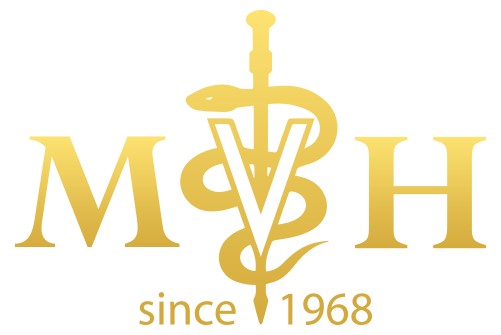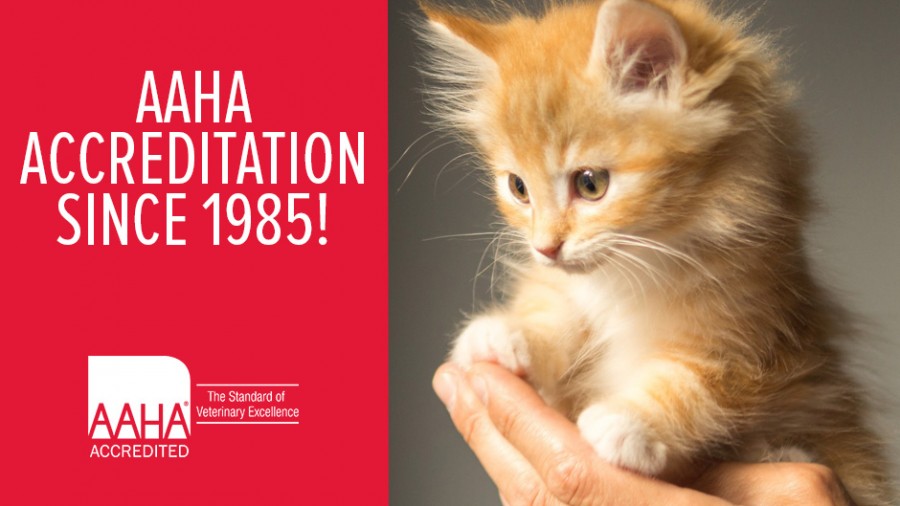When it comes to hospitals that treat humans, the government requires any facility that accepts Medicaid to undergo a rigorous accreditation process. Accreditation means that a hospital exceeded standards in several areas according to a review completed by an outside organization. However, accreditation for veterinary hospitals is completely voluntary. You may assume the veterinary clinic you bring your pet to is accredited, but the reality is that no more than 15 percent of clinics have sought and received outside accreditation. We are happy to let you know that Minnesota Veterinary Hospital is one of them! Our entire team is committed to the highest in veterinary care for your pets.
What You Should Know About the American Animal Hospital Association
In 1933, concerned veterinarians established the American Animal Hospital Association (AAHA) to improve the care received by companion animals in the country's veterinary clinics. It remains the only accrediting agency for veterinary hospitals in the United States. When a clinic applies to AAHA for accreditation, it must pass a review of over 900 veterinary care standards.
Once accredited, the veterinary clinic must continue to meet high standards of excellence. Approximately 3,700 veterinary practices in the United States and Canada have current AAHA accreditation. Minnesota Veterinary Hospital recently became recertified and has achieved the standards necessary for accreditation every year since 1985! AAHA requires recertification every three years.
High Standards of Service as Identified by the AAHA
While we can't possibly list all 900 standards the AAHA considers when accrediting a veterinary clinic, here are some general categories:
- Thoroughness: How thorough are the veterinarians and technicians when examining a patient? Do they inspect each system of the body, including the heart, eyes, ears, mouth, and lungs?
- Monitoring equipment: Does the clinic own several different types of monitoring equipment when a patient is in surgery or requires anesthesia? It's important that veterinarians know the patient's heart rate, temperature, blood pressure, and respiration rate throughout the visit.
- Responsiveness: Clinic staff can't respond to an emergency appropriately if vital supplies are not organized and clearly marked. The AAHA looks for a well-stocked emergency treatment area as well as staff that knows how to respond appropriately.
- Infection Control: Sick pets can easily transmit viruses to other pets and even to people in some cases. Part of the accreditation process includes a review of antibacterial agent use, frequency of hand washing, and process to disinfect patient areas.
- Compassionate handling of pets: Many dogs, cats, and other animals that comes to see us are nervous and possibly aggressive, especially during the first visit. The AAHA looks for staff that uses calming language and respectful restraint techniques when dealing with an upset animal.
Going Above and Beyond for You Since 1968
We're never satisfied with average at Minnesota Veterinary Hospital. This is the reason we sought accreditation from AAHA over 30 years ago as well as why several of our staff recently became Fear Free Certified. If you have questions about what either of these designations means for your pet, feel free to contact us at 651-484-3331.
Photo Credit: Pixabay

